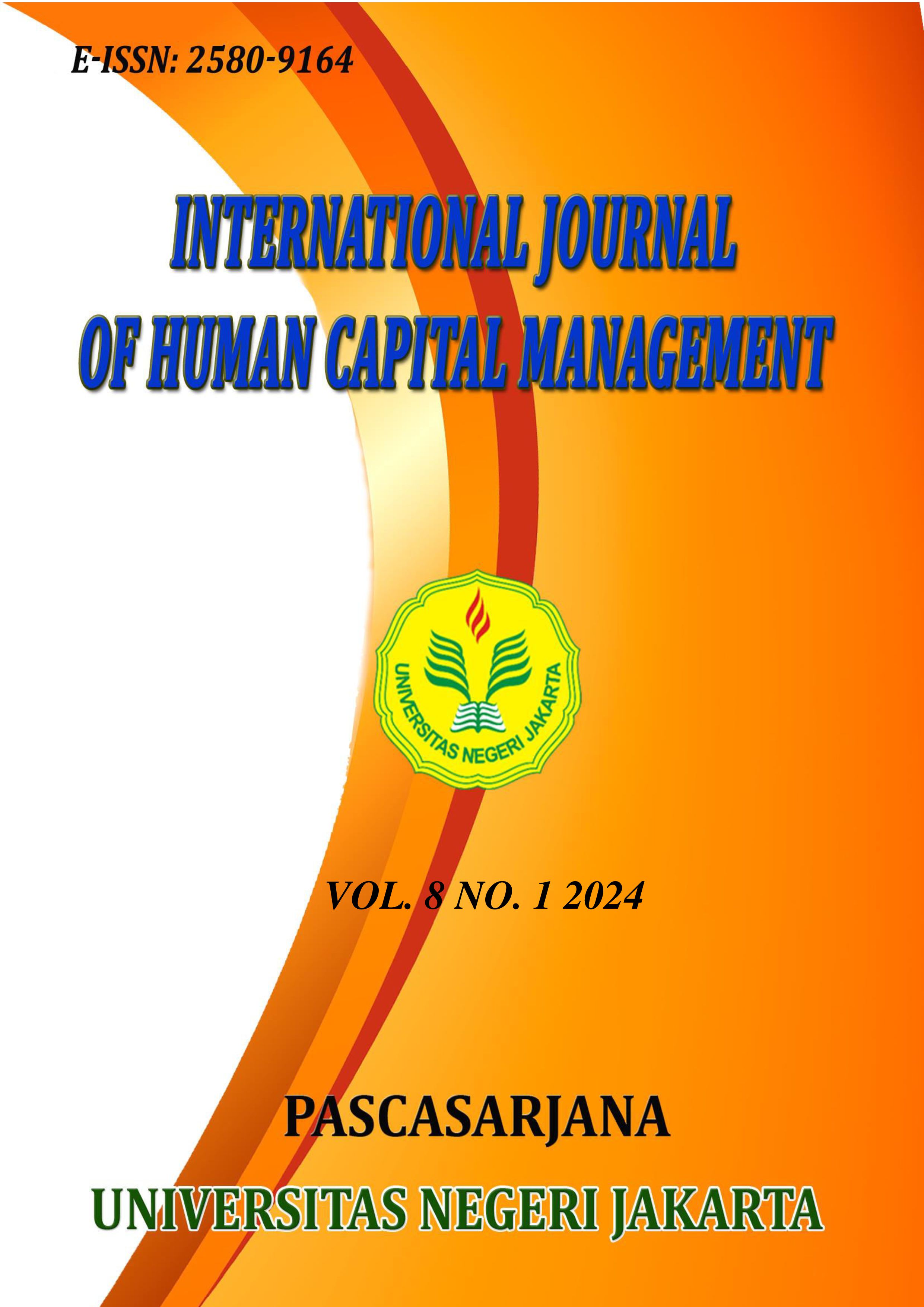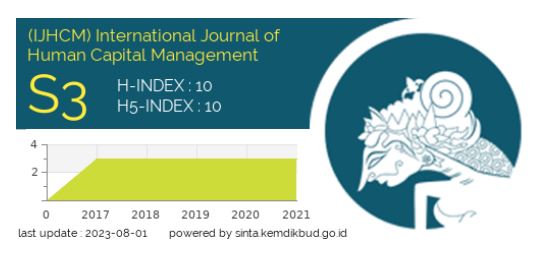Analysis of Social Impact Management, Industrial Education and Environmental Law (SPIHUL) of Ex-Mining Land in South Kalimantan
DOI:
https://doi.org/10.21009/IJHCM.08.01.2Keywords:
Energy-preneurhsip, Power Plant, EIA, ex-minesAbstract
The impact of coal mining in South Kalimantan, the phase after exploitation, involves various aspects such as economic, social, environmental, legal, educational and industrial. Although the negative impacts are numerous and complex, this research aims to explore the positive impacts and economic potential for future social welfare. This research involves mapping the positive impacts of former mines and mining pits that are widespread in South Kalimantan, particularly from Kotabaru in the Southeast to Tabalong in the East. Mine pits, which may cover thousands of hectares and reach depths of hundreds to thousands of kilometers above ground level, are the main focus. Through a structured research program, the results can be identified as potential long-term benefits that can be managed properly. One significant positive impact is the potential utilization of former mine pits as an Electric Energy Reserve. Through transformation into a Power Lake, the region can become a sustainable source of renewable energy. In addition, the concept of energy-preneurship can be introduced to encourage innovation in the energy sector and create new economic opportunities. Environmental aspects can also be accommodated through the establishment of Flood Flow Buffers, which not only act as environmental protection but also provide local economic benefits. Revitalized mine pits can be transformed into proverty residences, such as apartments and lake hotels that bring natural beauty as well as a source of income for local communities. In addition, the reconstruction and transformation program can generate land for fish cages and lake biota, create boat and speedboat cruise attractions, and even become a lake sports icon. All of these initiatives can be managed with national development needs in mind and have the potential to become a source of foreign exchange through the tourism and renewable energy sectors.




